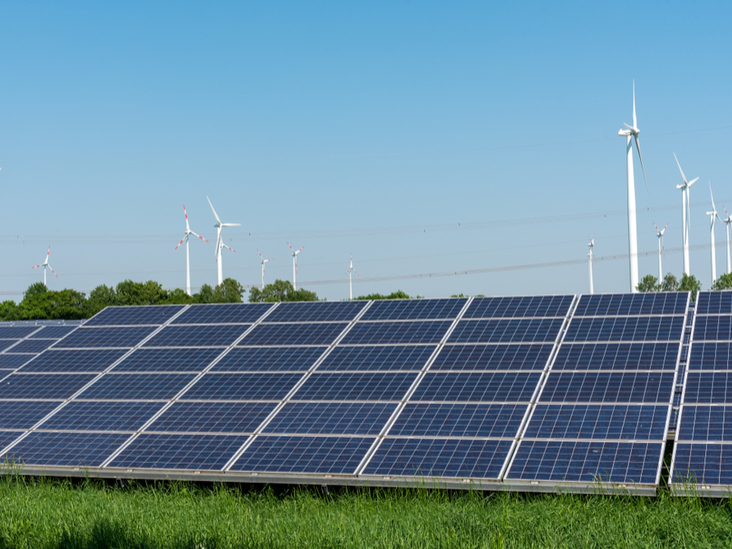The fund used to finance Germany’s investments in renewable energy could fall back into deficit this year for the first time since 2013, which would prompt a higher tax on German power consumption.

The Renewable Energy Act (EEG) fund is overseen by Germany’s four network operators.
One of those grid operators, TransnetBW, is likely to see its share of the account fall into a deficit of hundreds of millions of euros, according to its owner, ENBW.
“Due to the EEG cost allocations defined for 2020, we anticipate that there will be a negative year end bank account balance in the high three-digit million euro range for 2020,” ENBW said in a quarterly financial report on Friday.
The surplus on the fund has trended lower since hitting a peak of EUR 6bn in March 2019. It last stood at EUR 1.1bn in April, having plunged by more than half since February.
“Generally it can be observed that the accounts are falling,” said Andreas Preuss, a spokesman for western German TSO Amprion. “It is too early to say whether they will fall into deficit by the end of the year.”
Stefan Kapferer, the head of eastern German TSO 50Hertz, recently told German media he expected the fund to fall into deficit this year, requiring an increase in the levy used to finance the pot.
Twin pressures
German power users finance the fund via a levy equivalent to 6.76 euro cents/kWh (EUR 67.56/MWh) on the retail price of electricity. Some businesses, especially energy intensive ones, receive exemptions or discounts.
The levy climbed again slightly this year for the first time since hitting a peak of 6.88 cents/kWh in 2017.
Funding pressure could have been expected to ease this year as projects from the start of the EEG in the year 2000 began to see their 20-year contracts expire.
Legacy contracts are the most expensive, given the cost of renewable energy was much higher relative to power prices back then.
However, reduced power demand from the coronavirus pandemic is weighing on the account’s income. At the same time, expenses have risen thanks to bumper yields for solar and wind so far this year and a fall in wholesale power prices.
Renewable energy covered a record 52% of German power demand in the first quarter – up from 44% over the same period last year – as solar and wind output jumped 15%.
German front year power prices last stood at around EUR 36.30/MWh, down 19% on where they began the year, widening the gulf with prices paid to renewables.
Kapferer also expected 50Hertz would need a triple-digit million euro sum to plug this year’s gap in funding for the EEG account.